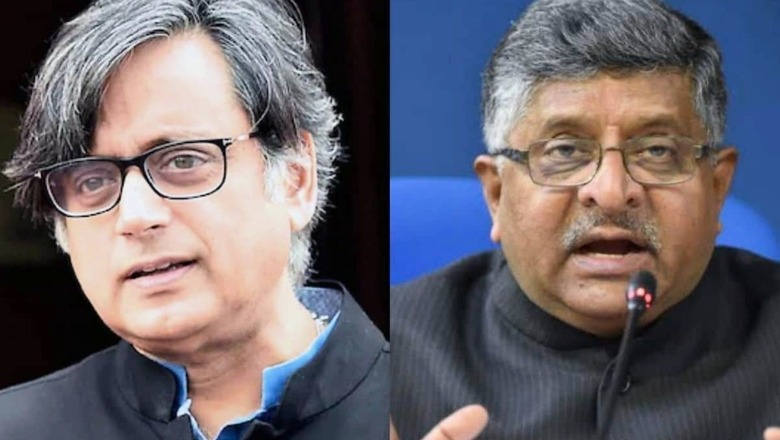
views
Twitter, responding to the government’s demand for a written explanation on why the social media platform had blocked information technology minister Ravi Shankar Prasad’s account, listed ‘copyright infringement’ under the US Digital Millennium Copyright Act, as the reason.
The Lok Sabha Secretariat on June 30 had demanded a formal explanation from Twitter India within two days after the social media platform momentarily blocked information technology minister Ravi Shankar Prasad.
Congress MP Shashi Tharoor, who chairs the Parliament Standing Committee on Information Technology, directed the missive. On June 25, Twitter temporarily suspended Prasad’s account due to copyright violations, only to apologise and restore it later. Prasad claimed that Twitter was upset with him because he criticised the social media platform for failing to obey the nation’s new IT rules. On the same day, Tharoor responded to Prasad: “Raviji, the same thing just happened to me. Clearly DMCA is getting hyperactive. This tweet has been deleted by @Twitter because its video includes the copyrighted BoneyM song ‘Rasputin’.”
Here is Twitter’s full reply to the questions:
1. What was the reason/basis for blocking of Twitter accounts of Sh. Ravi Shankar Prasad, Minister of Law & Justice, Communications and Electronics and Information Technology and Dr. Shashi Tharoor, Chairperson, Standing Committee on Information Technology
As per our copyright policy, Twitter responds to copyright complaints submitted under the U.S. Digital Millennium Copyright Act (“DMCA”). Section 512 of the DMCA outlines the statutory requirements necessary for formally reporting copyright infringement, as well as providing instructions on how an affected party can appeal a removal by submitting a compliant counter-notice. Twitter responds to reports of alleged copyright infringement, such as allegations concerning the unauthorized use of a copyrighted image as a profile or header photo, allegations concerning the unauthorized use of a copyrighted video or image uploaded through our media hosting services, or Tweets containing links to allegedly infringing materials.
Twitter’s response to copyright complaints may include the removal or restriction of access to allegedly infringing material. If we remove or restrict access to user content in response to a copyright complaint, Twitter will make a good faith effort to contact the affected account holder with information concerning the removal or restriction of access, including a full copy of the complaint, along with instructions for filing a counter-notice. The account holder is asked to review and acknowledge an in-app notification that confirms that they have understood Twitter’s copyright policy and once they do so, the account is automatically unlocked.
In an effort to be as transparent as possible regarding the removal or restriction of access to user-posted content, we clearly mark withheld Tweets and media to indicate to viewers when content has been withheld.
In the case of Mr. Ravi Shankar Prasad, Hon’ble Minister of Law & Justice, Communications and Electronics and Information Technology as well Dr. Shashi Tharoor, Hon’ble Chairperson for the Parliamentary Committee on Information Technology, Twitter received DMCA notices from the International Federation of the Phonographic Industry (IFPI) alleging that video Tweets posted on their accounts infringed copyrighted works owned by Sony Music Entertainment. For Mr. Prasad, the DMCA notice was in reference to the original work (i.e. alleged infringement) of A.R. Rahman’s: Maa Tujhe Salaam and the reported tweet was (https://twitter.com/rsprasad/status/941874014024167424).
For Dr, Tharoor, the DMCA notice was in reference to the original work (i.e. alleged infringement) of Boney M. -Rasputin and the reported Tweet was (https://twitter.com/ShashiTharoor/status/1380746375567003649).
Upon receipt of the notice, Twitter complied with its copyright policy, disabled access to the allegedly infringing videos, and temporarily locked the accounts. When the account holders acknowledged their understanding of our copyright policy, the accounts were immediately unlocked. Twitter sent by email a full copy of the DMCA notices to the account holders.
2. Whether any prior Notice or Intimation was served upon the affected individuals before their Twitter accounts were blocked as per rules;
When we remove or disable access to the materials reported in a copyright complaint, the reported user(s) will receive a copy of the complaint, including the reporter’s full name, email, street address, and any other information included in the complaint.
The user will also get detailed information regarding filing a counter-notice. If the user believes that the materials reported in the copyright complaints were misidentified or removed in error, the user may send us a counter-notification(s). A counter-notice is a request for Twitter to reinstate the removed material, and it has legal consequences. Alternatively, the user may be able to seek a retraction of the copyright complaint from the reporter. The DMCA complaint the user received includes the contact information of the reporter.
3. What is the standard operating procedure for blocking Twitter accounts? Were SOPs followed in the instant case?
As explained above in reference to both these accounts, when we remove or restrict access to user content in response to a copyright complaint, the account is temporarily locked (i.e., placed in a “read only” state) and the account holder is asked to review and acknowledge an in-app notification that confirms that they have understood Twitter’s copyright policy; once they do so, the account is automatically unlocked. This in-app experience also explains the options to resolve the removal that are available to the user, including the DMCA counter-notification process.
Under appropriate circumstances we may suspend user accounts under our repeat infringer policy. However, we may take retractions and counter-notices into account when applying our repeat infringer policy. We do not withhold content in response to DMCA takedown notices that are incomplete, do not concern copyright issues, or that we determine to be fraudulent.
Importantly, our account holders via our terms of service agree that for any content that they submit, post or display on our service, they represent or warrant that they have, or have obtained all rights, licenses, consents, permissions, power and/or authority necessary to grant the rights granted. The account holders also agree that such content will not contain material subject to copyright or other proprietary rights, unless they have necessary permission or are otherwise legally entitled to post the material and to grant Twitter the license described above. Additionally, via the in-app notification received at the time of content removal, the account holder is asked to review and acknowledge that they have understood Twitter’s copyright policy. Further, there may be certain uses of copyrighted material that do not require the copyright owner’s permission, such as political speech, content that is potentially newsworthy, or cases of apparent fair use.
This type of speech is protected under UN-recognized principles of free expression and may not violate Twitter’s Copyright Policy.
Twitter’s response to copyright complaints may include the removal or restriction of access to allegedly infringing material. As per our last Twitter Transparency Report for the period of January – June 2020, Twitter received 15% more DMCA takedown notices affecting 87% more accounts during this reporting period.
Read all the Latest News, Breaking News and Coronavirus News here.











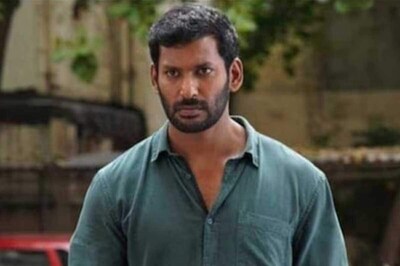
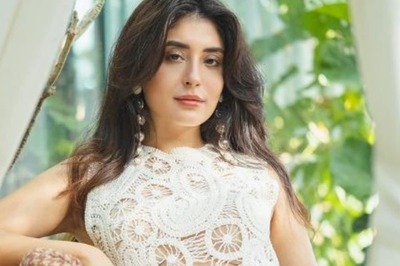



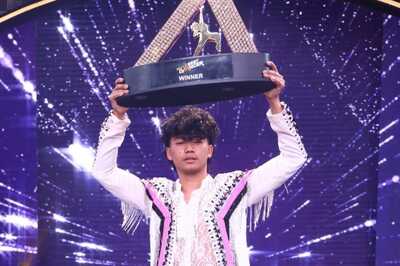

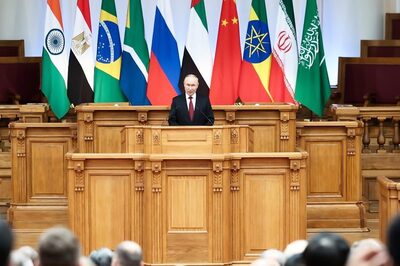
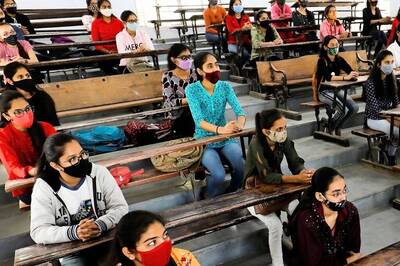
Comments
0 comment